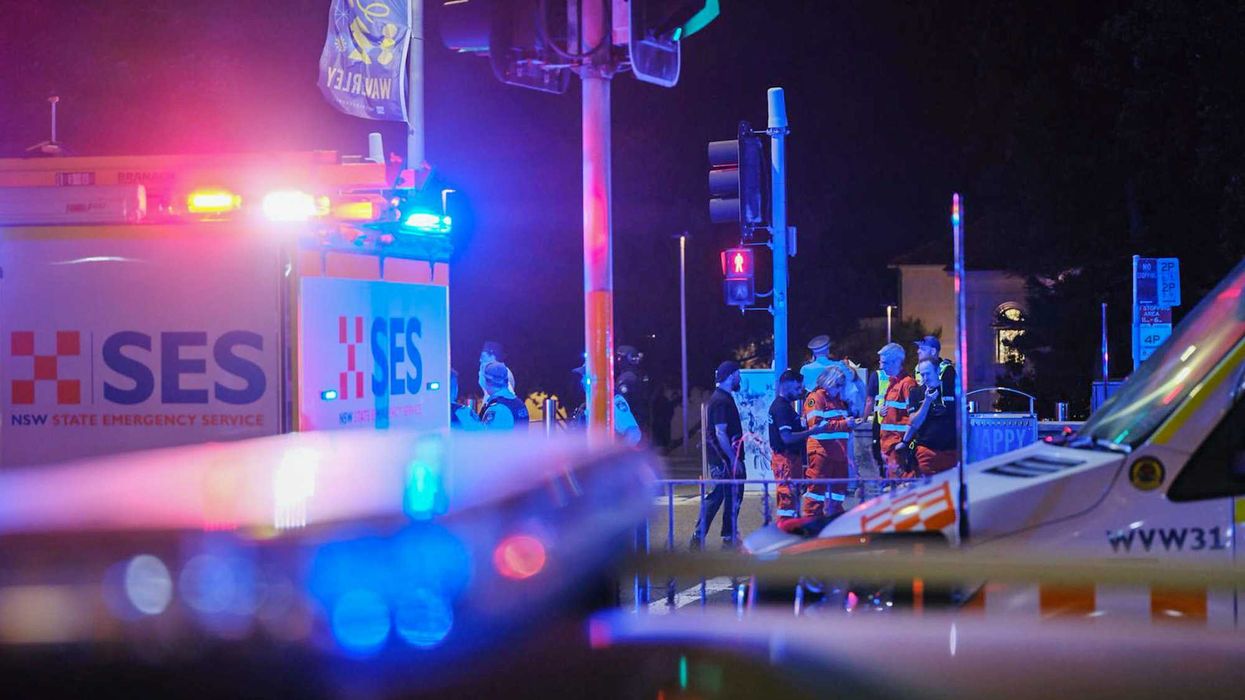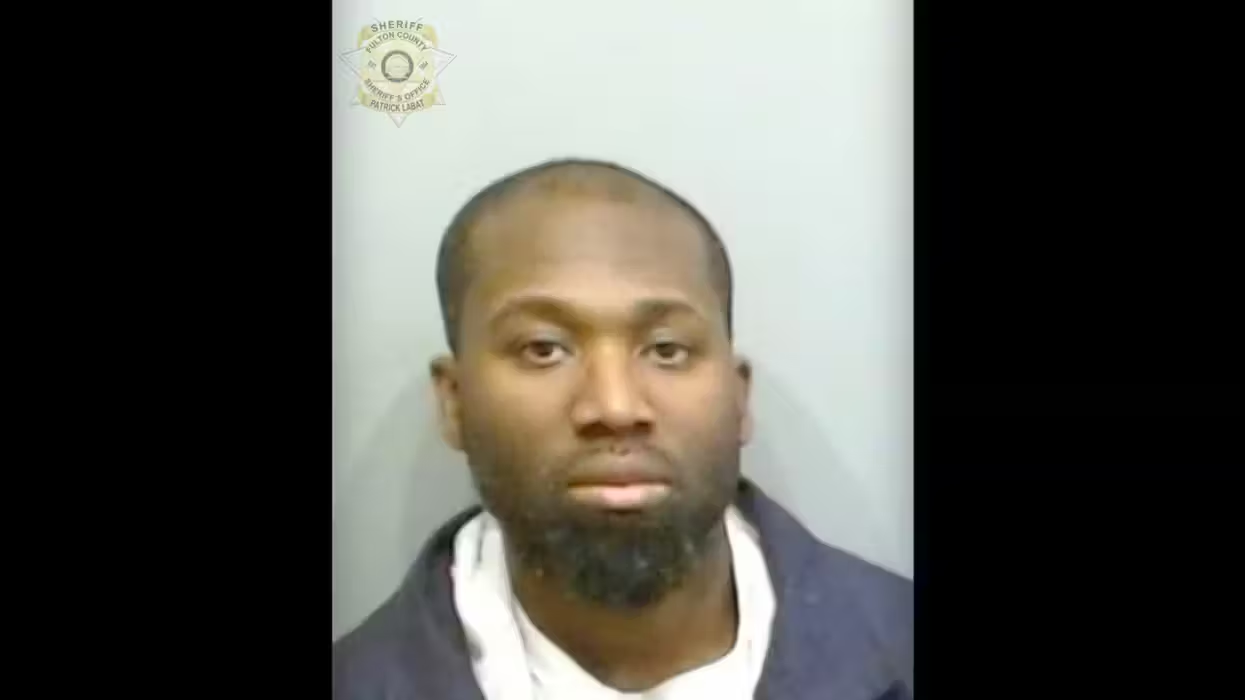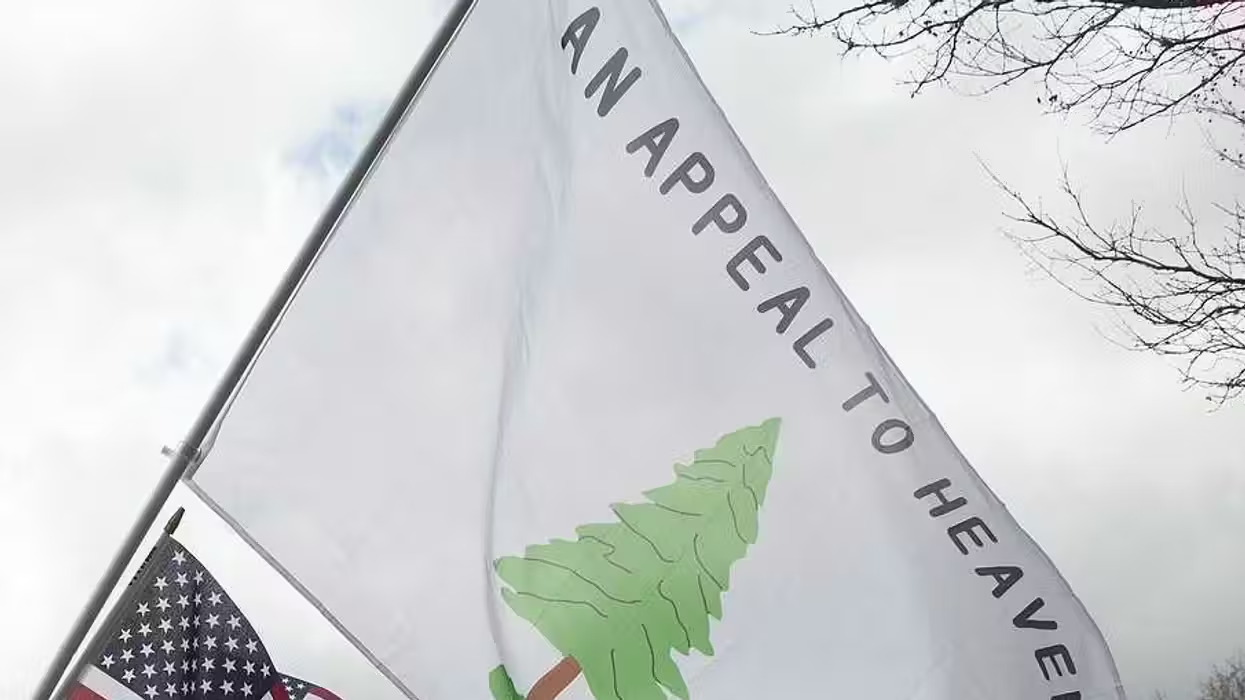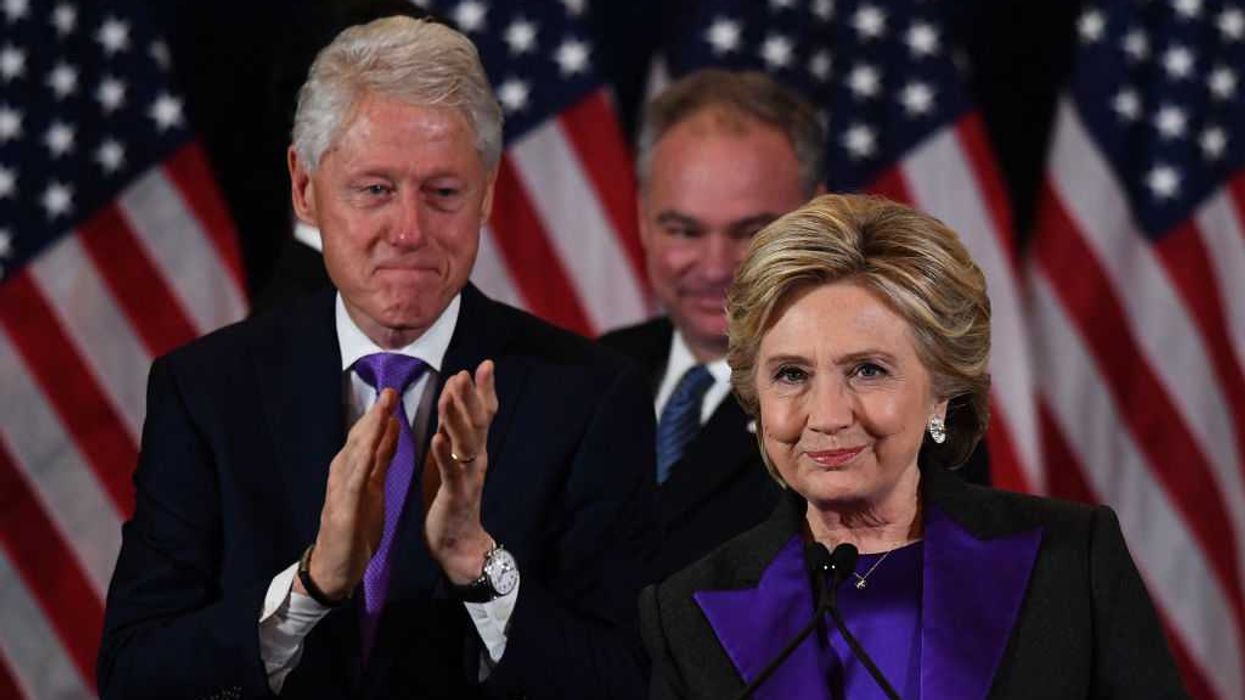A federal district court in Texas Wednesday effectively struck down the Lone Star State’s strict photo-ID law, allowing voters without identification to cast a regular ballot in the 2016 elections.
Texas' law, which required voters to show a state driver’s license, a passport, or concealed carry license to vote, had prevented about 600,000 registered voters from casting ballots.
That law was found to be "racially discriminatory" last month by the Fifth Circuit Court of Appeals because it made it more difficult for minority groups to vote.
The new ruling states that voters without these IDs can sign a declaration that they have a “reasonable impediment” to obtaining one, and then show an alternative form of identification to vote.
 An election official checks a voter's photo ID at an early voting polling site in Austin, Texas in 2014. (AP/Eric Gay)
An election official checks a voter's photo ID at an early voting polling site in Austin, Texas in 2014. (AP/Eric Gay)
Forms of ID such as a voter registration certificate, driver’s license or personal ID card from any state, utility bill, government check, paycheck or any other government document that displays the voter’s name and address are allowed.
According to decision, Texas will spend $2.5 million to educate voters about the changes before Election Day in November.
More from the Lawyers' Committee For Civil Rights:
The Texas ruling is part of a string of recent court decisions — in Kansas, North Carolina, North Dakota, and Wisconsin — rolling back or striking down voting restrictions ahead of the November election. Across the board, courts ruled that states passed restrictive laws with “surgical precision” to exclude certain voters, including minorities, students, and the elderly.
Still, 15 states have new restrictive voting laws in place for the first time in a presidential election in 2016. Texas remains on that list because the voter ID requirement remains more burdensome than what was in place for the 2012 election.
Three federal courts ruled that Texas' law violated Section 2 of the Voting Rights Act "by denying African-American and Latino voters an equal opportunity to cast a ballot." The law was challenged in 2013 by the Texas State Conference of the NAACP and the Mexican American Legislative Caucus of the Texas House of Representatives.
“This settlement really does take the bite out of Texas’ voter ID law,” Amy Rudd of Dechert LLP, a pro bono counsel for the NAACP Texas State Conference and MALC, said. “It is particularly significant in this presidential election year that Texas voters have many additional options for identifying themselves and casting a regular ballot at the polls.”
—
Follow the author of this story on Twitter and Facebook:
[facebook //www.facebook.com/plugins/like.php?href=

 An election official checks a voter's photo ID at an early voting polling site in Austin, Texas in 2014. (AP/Eric Gay)
An election official checks a voter's photo ID at an early voting polling site in Austin, Texas in 2014. (AP/Eric Gay)






